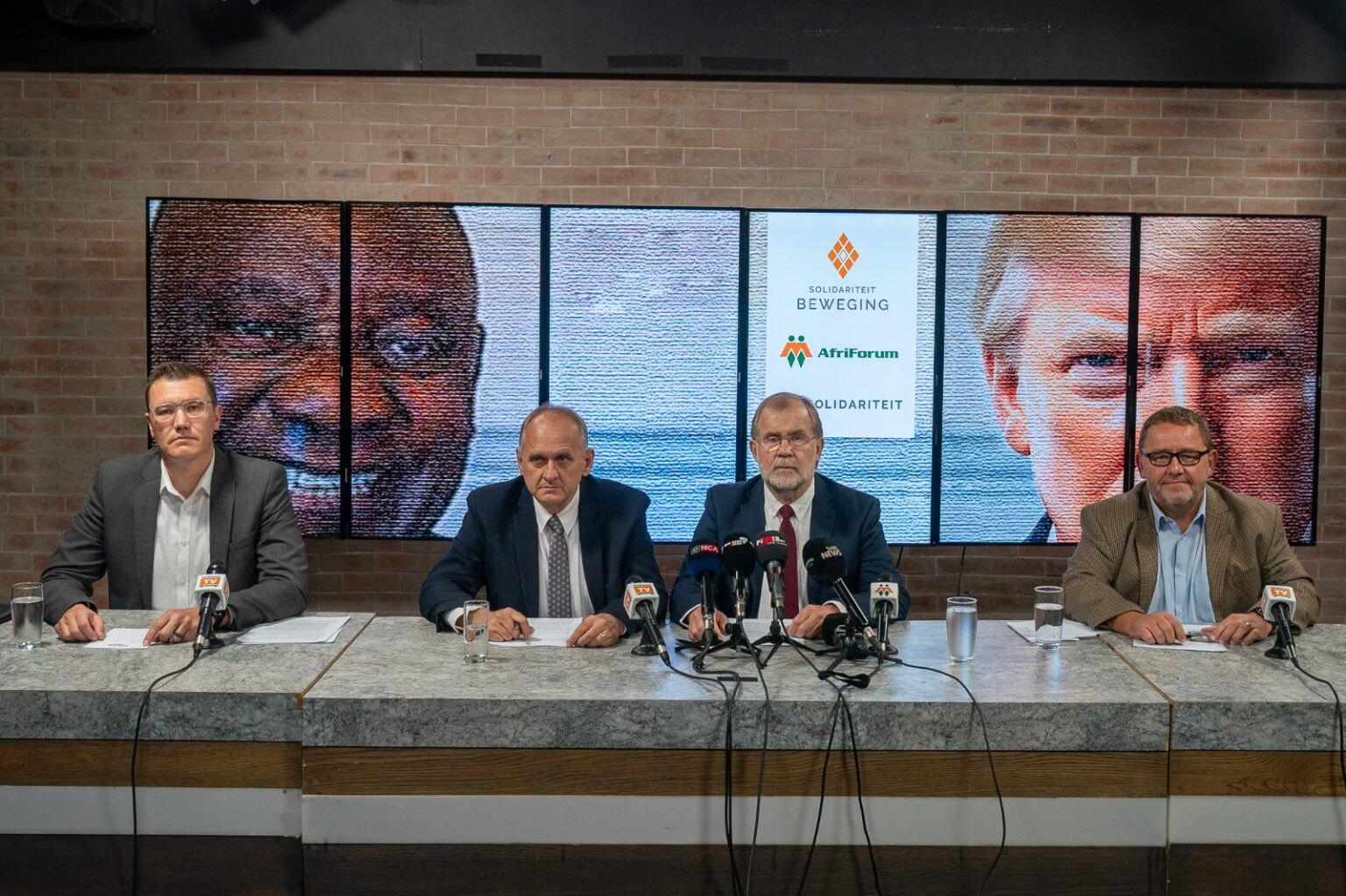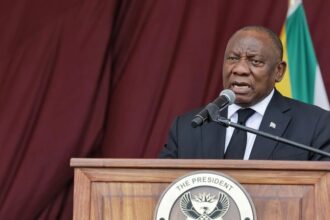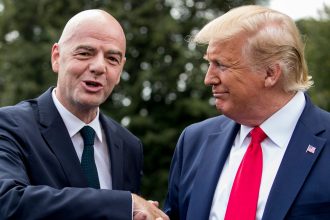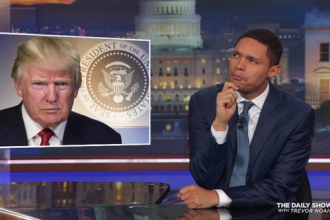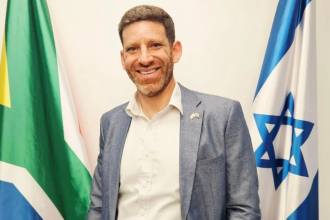The United States has extended a warm welcome to AfriForum and Solidarity, rolling out the red carpet for the two organisations, while the South African government appears to be on the outside looking in.
A delegation led by Solidarity chairperson Flip Buys and head of International Liaison Jaco Kleynhans reportedly met with US diplomats from the Trump administration to present a memorandum. Their request? That the US expand its recognition of Afrikaners as a cultural community and support the establishment of infrastructure to ensure their security and prosperity in South Africa.
This visit highlights the widening diplomatic divide between Washington and Pretoria, as the South African government has yet to confirm whether it has managed to secure a meeting with its US counterparts on pressing matters, including land expropriation without compensation.
Trump’s Interest in AfriForum’s Narrative
AfriForum and Solidarity have been vocal critics of land reform in South Africa, pushing a narrative that has caught the attention of former US President Donald Trump. Trump, without presenting any concrete evidence, previously claimed that land was being seized from specific groups in South Africa, fuelling controversy and misinformation.
While AfriForum enjoys a warm reception in Washington, President Cyril Ramaphosa’s government has faced diplomatic roadblocks. Ramaphosa previously announced a special delegation tasked with engaging various global players on contentious issues such as land expropriation. However, details of this delegation remain scarce, and there is little clarity on whether such engagements have borne any fruit.
International Relations and Cooperation Minister Ronald Lamola’s spokesperson, Chrispin Phiri, stated that they would provide an update on these discussions when possible.
US-South Africa Tensions Escalate
The diplomatic tension between the two nations has been further exacerbated by key US officials snubbing South Africa’s recent G20 meetings. US Secretary of State Marco Rubio was notably absent from the G20 foreign ministers’ meeting in Johannesburg, and Treasury Secretary Scott Bessent skipped the G20 finance ministers’ summit in Cape Town.
President Ramaphosa did not shy away from addressing these tensions in his latest address. He underscored the importance of multilateralism, warning that its erosion could destabilise global economic growth.
“At this time of global uncertainty and escalating tension, it is now more important than ever that the members of the G20 work together. The erosion of multilateralism presents a threat to global growth and stability. We know from the experience of past decades that a fair, transparent and inclusive rules-based international order is an essential requirement for economic stability and for sustained growth,” Ramaphosa said.
He further cautioned that geopolitical contestation must be managed diplomatically to prevent the marginalisation of vulnerable nations.
Experts Warn of Potential Economic Fallout
Siseko Maposa, International Relations Director at Surgetower Associates Management Consultancy, warned that if the diplomatic strain continues, South Africa could risk losing its preferential trade access to US markets under the African Growth and Opportunity Act (AGOA).
“Foreign policy effectiveness hinges on a sound modality of diplomacy, characterised by foresight and responsibility. Regrettably, in this matter, diplomacy has been Pretoria’s Achilles’ heel,” said Maposa.
He was particularly critical of South Africa’s public responses to Trump’s statements on land expropriation, arguing that they lacked diplomatic tact.
“The statements from the Presidency, the President, and DIRCO struck me as uncharacteristically undiplomatic. SA’s responses inadvertently played into Trump’s hands, widening the divide and lending credence to America’s punitive stance towards our nation. Ideally, Pretoria should have maintained diplomatic composure by leveraging public and private channels, embassies, and protocols, rather than resorting to grandiose public statements that exacerbate divisions,” he added.
Looking Ahead
As tensions simmer, the stakes remain high. South Africa’s ability to navigate these diplomatic challenges will determine whether the nation can mend relations with Washington or face further economic repercussions. For now, AfriForum and Solidarity appear to be winning the PR battle in US corridors of power, while Pretoria scrambles to assert its position on the global stage.

